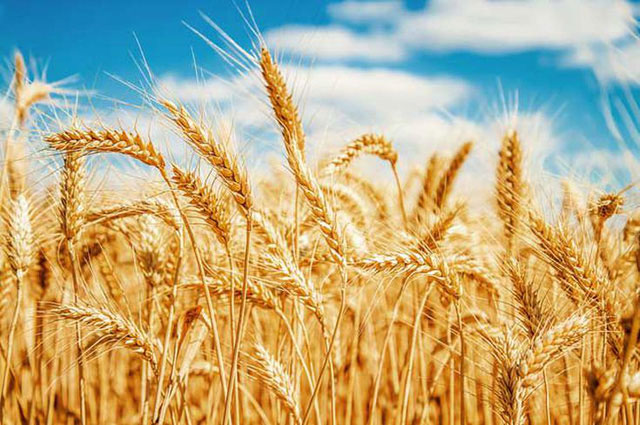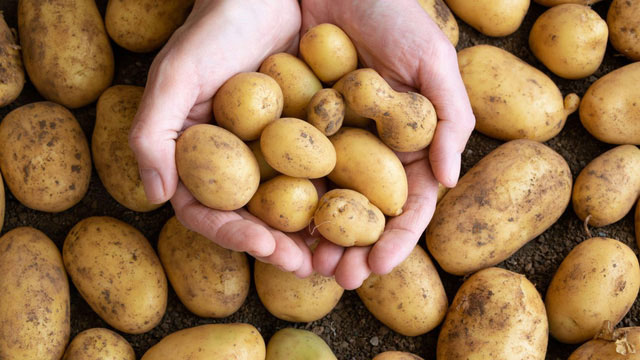The history of food is the history of human development. Food has shaped the landscape, culture and politics of the people. But our current food system is unsustainable and must change. Here are five foods that have shaped our world.
Foods that have shaped human history
Humans were originally hunters and gathered food. Taming animals and cultivating has created settlement communities that seek out new flavors and foods. According to the Food and Agriculture Organization of the United Nations, the food trade has shifted from domestic to global trade and is now worth $ 1.5 trillion.
But even though the value of food products traded around the world has doubled since 1995, we still live in an era of food inequality with contrasting attitudes. As 850 million people die of hunger around the world, in developed countries food has become a way of life and a political issue that demarcates social groups.
What is certain is that much of today’s food production is unsustainable and needs a complete overhaul if we are to feed an additional 2 billion people, the number of people in the world will increase over the next 30 years. coming years.
1. Meat: food 2.5 million years old
Archaeologists believe that the earliest humans ate fruits, seeds, and bark, sometimes with added meat. The earliest evidence of human use of tools to cut and process meat dates back over 2.6 million years.
The first animal domesticated for food is believed to be sheep in Southwest Asia 13,000 years ago. Goats can be domesticated about 3000 years later. Meat preservation is a skill that will soon be learned, when a serving of beef that is 2,500 years old in China was discovered to attest.
2. Cereals: the beginning of agriculture

The first humans ate seeds of wild herbs, and the cultivation of cereals is said to have started independently in different parts of the world around 12,000 years ago. Wheat is believed to be the first grain grown.
Wet rice began to be cultivated around 8,000 years ago in China and India, although wild varieties of rice were consumed long before. Agriculture was initially low yielding, but 10,000 years ago the city of Jericho was one of the first cities to thrive by growing grain.
3. Spices: the globalization of flavors
No one knows when the spice trade started, but it was formed 4000 years ago with cinnamon from Sri Lanka and cinnamon from China sold by merchants in the Middle East.
Trade during the period of the Roman Empire has been described by one expert as the birth of globalization, with the advent of the Spice Route. People and ideas followed these routes until the Middle Ages, helping to shape our modern world.
4. Potatoes: the world’s leading food?

Although thought to have evolved from a poisonous tuber, the potato was first cultivated in the Peruvian Andes 10,000 years ago. After being introduced to Europe in the 1500s, it quickly spread around the world to become a global food.
China, India and Ukraine are the countries that grow the most potatoes today and they are now part of the daily diet of people around the world. It was even the source of a lasting quarrel between France and Belgium over who invented the chips.
5. The avocado: symbol of trendy gastronomy
Praised as a superfood, thanks to its high levels of healthy unsaturated fats, avocados are so valuable that armed soldiers protect Mexico’s “green gold” and criminal gangs. Think of this fruit as a lucrative commodity like opium.
Due to the popularity of buttered toast, this fruit is synonymous with hipster culture today. But environmentalists say a pack of two avocados has 850g of CO2 emissions – twice the amount of a banana.


